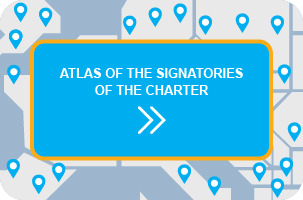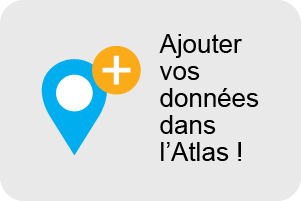Umeå – a model town for Gender Equality
- Football on equal conditions
Based on a study conducted by the City of Umeå in 1999 showing that 70 percent of the people using sports arenas were men, Umeå decided to change its sports policies allowing women’s and girls teams to practise sports on the same conditions as men and boys.
In 2000, it was decided that training hours should be divided more equally between women’s and men’s teams, depending on their placement in their own league for instance. As a result, boys and men’s teams had no longer the priority to choose the best training hours, and girls and women’s teams were offered the same opportunities for training in sports arenas. Umeå was the first municipality in Sweden to take this kind of decision on how to divide training hours between genders.
The decision generated many reactions and some citizens claimed that it was not fair since fewer girls and women were playing football. However, by highlighting the unequal distribution of opportunities for girls and boys to practise sports, the new policy also worked as an eye-opener for many citizens. Consequently, the interest for girls football grew rapidly and today there are almost as many girls as boys playing football in the City of Umeå.
For more information please visit the following link (information in Swedish).
- Guided bus tours with “gender glasses”
Since 2009 the City of Umeå provides guided bus tours around the city to show “the gendered landscape of Umeå”. The tour presents initiatives aiming to improve gender equality in the municipality, as well as the remaining challenges. For instance when passing in front of the biggest high school, visitors are informed about the fact that girls and boys make gender-typical choices in education. When passing in front of the hospital, consequences of a gender segregated labour market are highlighted. As the bus passes by parks, issues related to feeling of security and safety in public spaces are mentioned. Visitors also learn about a project aiming to get unemployed men to work in school kitchens while the bus drives by preschools.
- Gender representation in cultural events
Umeå has reviewed the gender representation in cultural events, in order to demonstrate inequalities in representation on stage. In 2013, 765 women performed on stage during the eight biggest festivals in Umeå compared to 1228 men. This figure has improved during past few years as a result of intensive work on gender equality and increased awareness.
For more information please click on this link.
- Women’s history museum
In November 2014, Umeå will open up a “Women’s History” museum. This museum is pioneering since it is the first museum in Europe of this kind. Besides focusing on women’s role and perspective in history, the museum will also offer activities and exhibitions on issues related to gender, power, resistance and opportunities.
For more information about the museum please visit the following link:http://www.kvinnohistoriskt.se/













